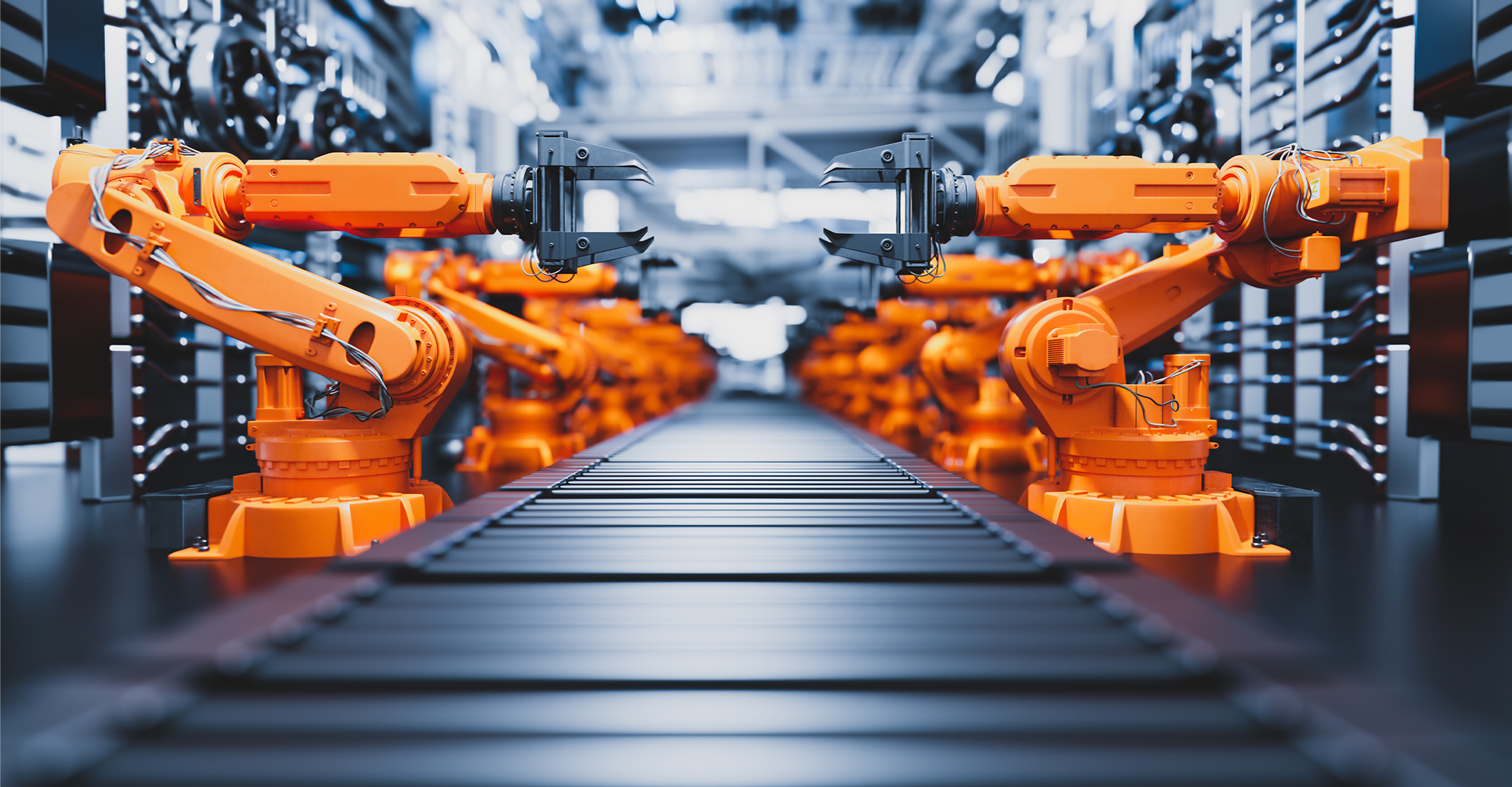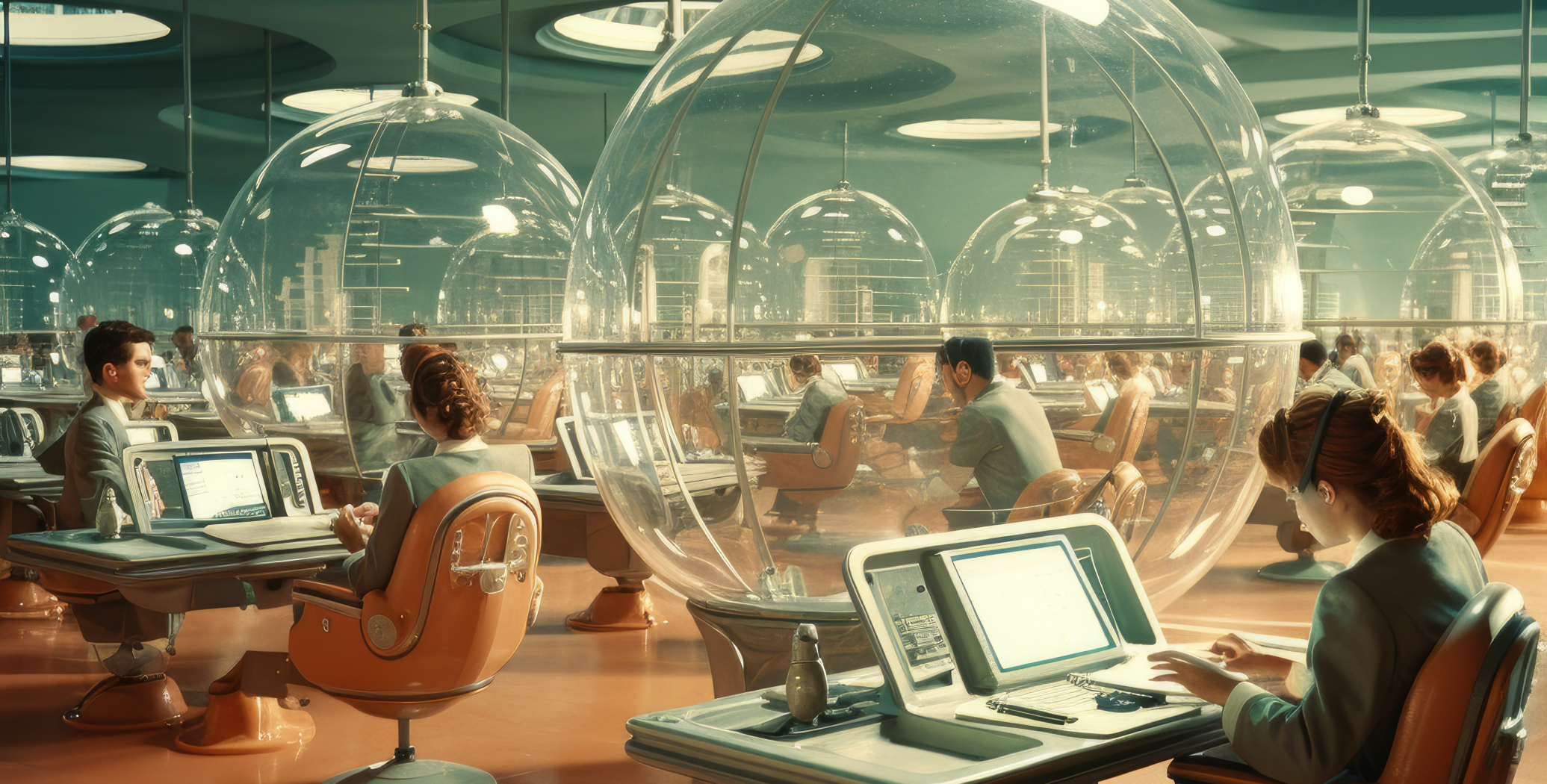Beyond the Robots
How AI & Automation Reshape the Manufacturing Workforce

AI as a Partner, Not a Replacement
The Rise of the "Human-AI Collaboration
This collaborative future hinges on a shift in the skillset of the manufacturing workforce. Here’s what we can expect:
1. Demand for Tech-Savvy Workers
Why Tech-Savvy Workers are Essential?
-
AI Integration Across Industries
-
Optimizing Automation
-
Data-Driven Decision Making
The Essential Skills of the Tech-Savvy Worker
-
Programming Fundamentals
-
Data Analysis Proficiency
-
AI Literacy
-
Problem-Solving with a Technical Lens
-
Adaptability and Continuous Learning

2. Upskilling and Reskilling Programs
The rise of automation, AI, and the Internet of Things (IoT) is transforming the manufacturing landscape. As these technologies become more integrated, the required workforce skillset will undergo a significant shift. To remain competitive, manufacturers must prioritize upskilling and reskilling initiatives to equip their employees with the digital fluency needed to thrive in this new environment.
Why Upskilling and Reskilling are Critical
-
The Tech-Savvy Worker Gap
-
Optimizing Human-Machine Collaboration
-
Continuous Improvement and Innovation
Effective Upskilling and Reskilling Programs
-
Needs Assessment
-
Blended Learning Approach
-
Micro-Credentials and Certifications
-
Partnerships with Educational Institutions
-
Mentorship and Peer Learning
Benefits of a Tech-Savvy Workforce
-
Enhanced Productivity
-
Improved Quality Control
-
Increased Innovation
-
Employee Engagement and Retention
By prioritizing upskilling and reskilling programs, manufacturers can empower their workforce to embrace the digital revolution. This investment will not only ensure a future-proof workforce but also unlock the full potential of advanced technologies to drive innovation, productivity, and overall success in the ever-evolving world of manufacturing.

3. Focus on Soft Skills
The rise of automation and AI in manufacturing might paint a picture of a future workforce dominated by technical expertise. However, the irreplaceable value of human qualities, often referred to as soft skills, will remain paramount.
The Uniqueness of Human Skills
-
Critical Thinking and Complex Problem-Solving
-
Creativity and Innovation
-
Effective Communication and Collaboration
-
Adaptability and Lifelong Learning
Soft Skills for Managing AI Systems
-
Active Listening and Empathy
-
Decision-Making with an Ethical Lens
-
Emotional Intelligence and Social Skills

The Future of Work Demands a Balance
The ideal future workforce will combine human and machine intelligence. Technical skills will undoubtedly be important, but soft skills will be the differentiator that unlocks the full potential of AI and automation. By fostering a workforce equipped with both technical and soft skills, manufacturers can create a powerful synergy that drives innovation, efficiency, and success in the age of Industry 4.0.
The Benefits of a Reimagined Workforce
This human-AI partnership offers a multitude of benefits
1. Enhanced Productivity: A Well-Oiled Machine
-
AI-powered Automation
-
Streamlined Workflows
-
Reduced Errors and Improved Quality
2. Improved Safety: A Collaborative Safeguard
-
Robots Handling Hazardous Tasks
-
Predictive Maintenance
-
Enhanced Situational Awareness
3. Empowered Workforce: Upskilling for a New Era
-
Focus on Higher-Value Activities
-
Upskilling and Reskilling Opportunities
-
Increased Job Satisfaction
4. Innovation and Growth: A Catalyst for the Future
-
Human-AI Collaboration
-
Data-Driven Decision Making
-
Faster Time to Market

The Future of Manufacturing Jobs
The future of manufacturing is not about job displacement but about job transformation. As AI and automation become more sophisticated, the manufacturing sector will require a workforce that is adaptable, skilled in human-AI collaboration, and possesses a thirst for continuous learning.
Hiteshi Infotech: Building the Workforce of the Future

